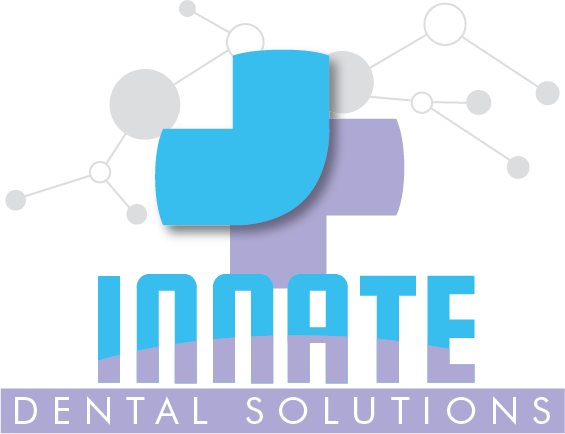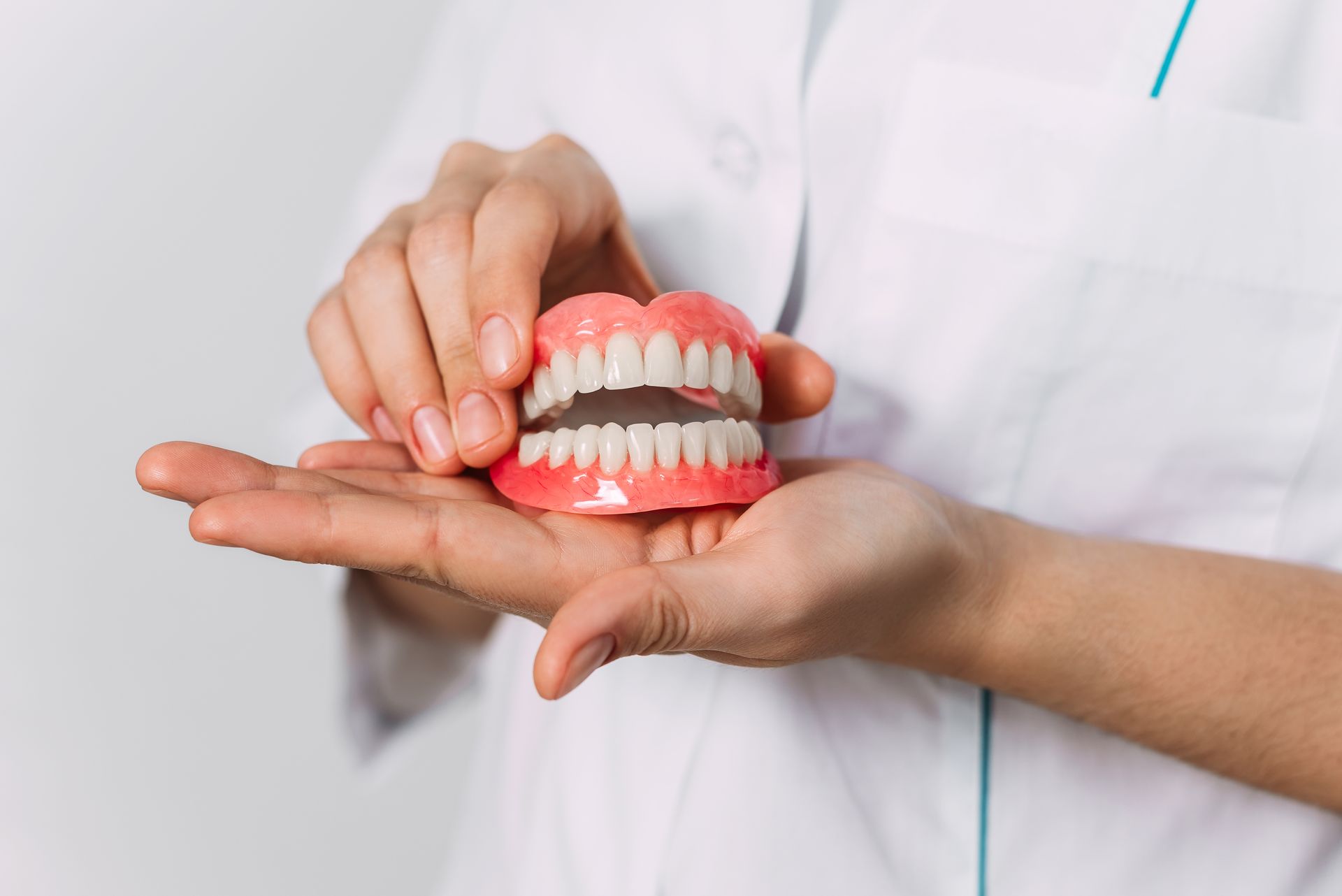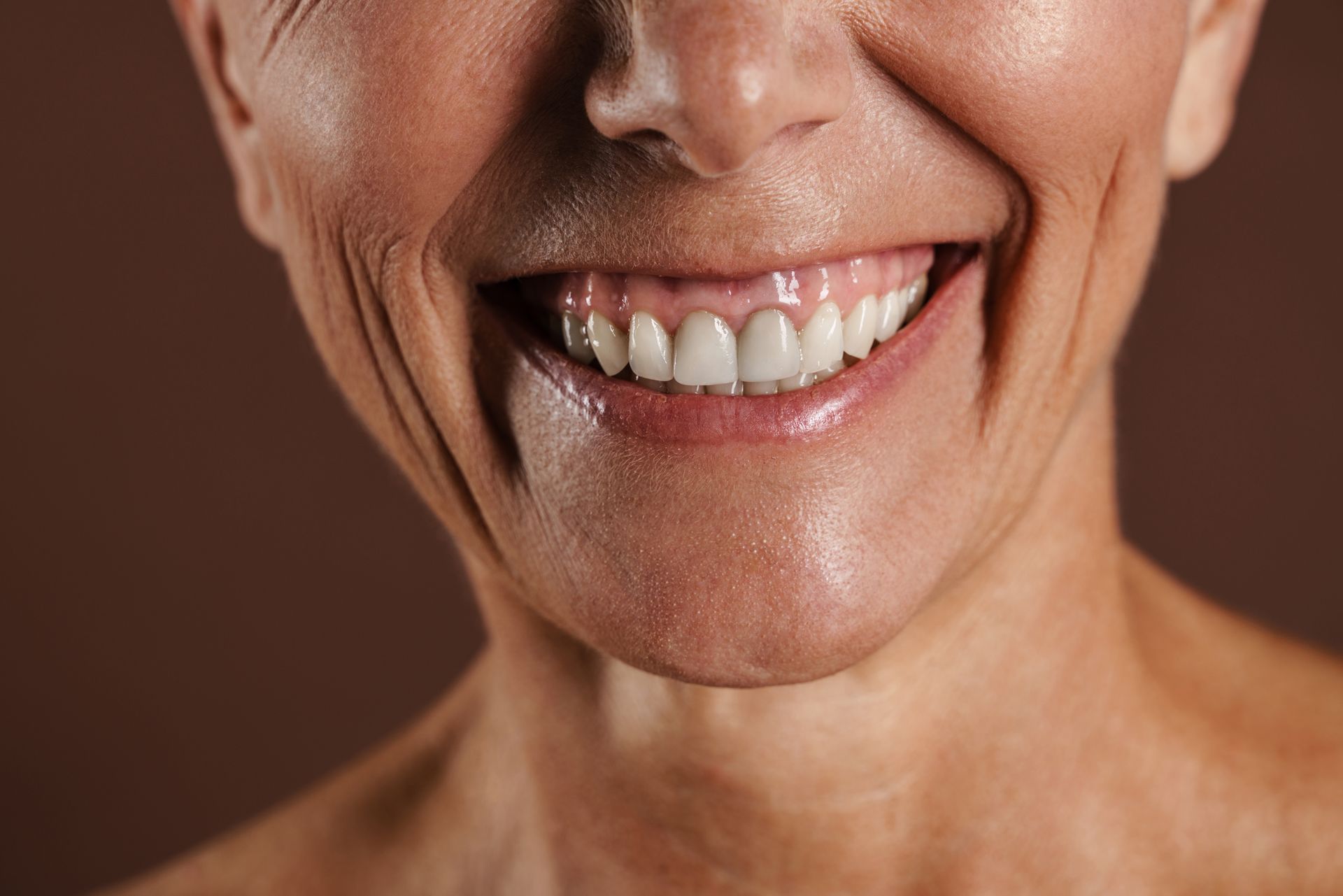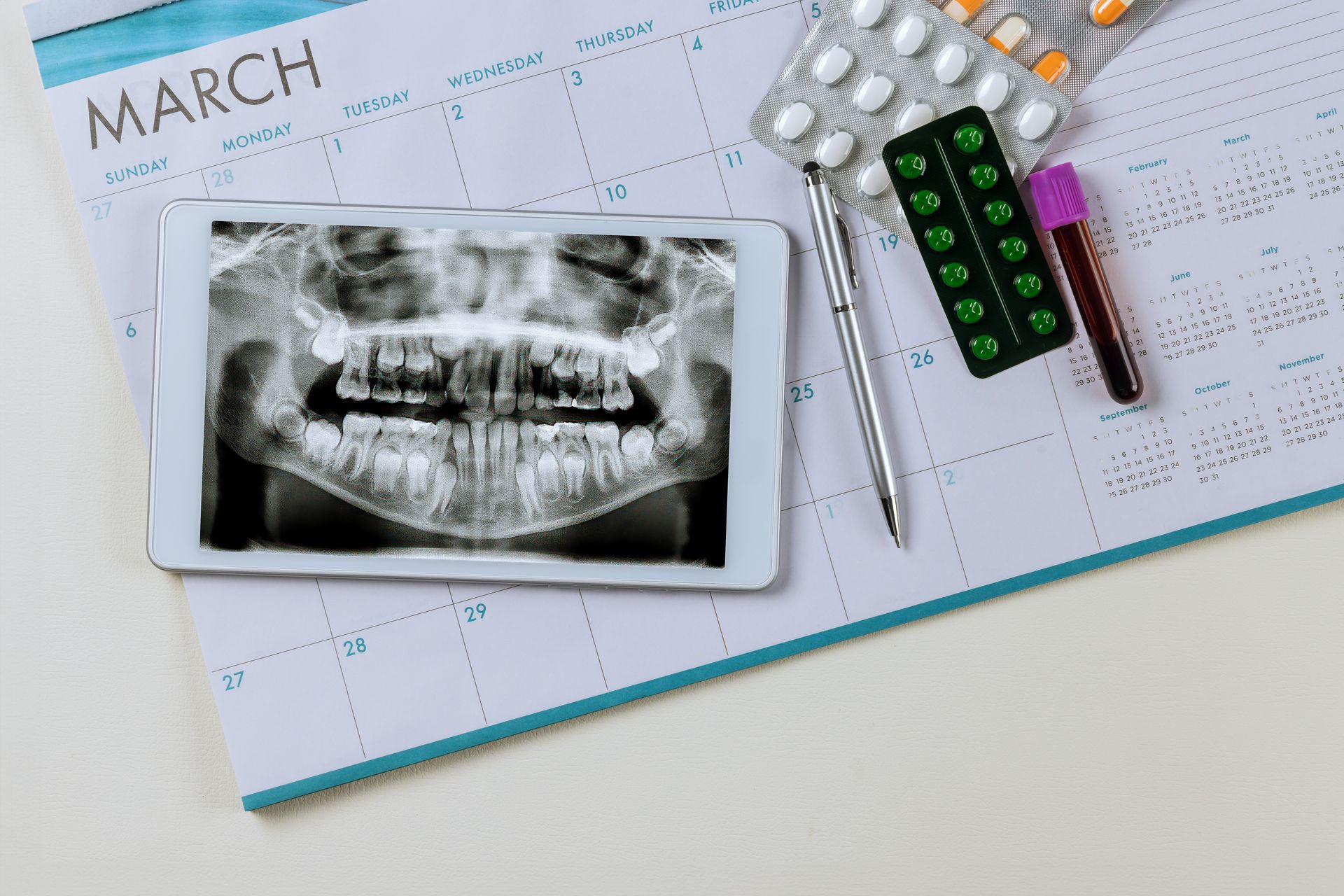Learning Why No Dairy After Dental Implants
When undergoing dental implant surgery, patients are often advised to adhere to specific dietary restrictions to ensure the best possible healing and integration of the implant. Among these recommendations, the directive to avoid dairy products is perhaps one of the most debated, explore whether you should really avoid dairy after dental implants, highlights other foods to steer clear of, and answers some frequently asked questions about post-operative dental care.
Should You Really Avoid Dairy?
Increased Risk of Complications
Dairy products, while generally healthy and rich in nutrients necessary for bone and teeth health, may pose specific risks when consumed immediately following dental implant surgery. The primary concern revolves around the potential for increased mucus production and the presence of bacteria in some dairy products, which can lead to complications.
- Infection Risk: Dairy products can exacerbate mucus production, which in turn can harbor bacteria that might infect the surgical site. While not all patients will experience this, those with a sensitivity to dairy or a predisposition to high mucous production may be at increased risk.
- Delayed Healing: Certain proteins in dairy, such as casein, could potentially interfere with the natural healing process. The theory is that these proteins might create an inflammatory response in some individuals, which could impede the healing of the gums and the integration of the dental implant into the jawbone.
Given these potential risks, it is advisable to avoid dairy products immediately following your dental implant procedure until your dental professional deems it safe. This precaution helps ensure that your recovery is smooth and free from unnecessary complications.
What Foods Should You Avoid
Aside from dairy, there are several other types of foods that you should avoid to ensure that your dental implants heal properly:
- Hard Foods: Foods that are hard to chew, like nuts and candies, can exert undue pressure on the new implant.
- Sticky Foods: Sticky foods like caramel and some types of candy can pull at the implant site, potentially dislodging the implant.
- Hot and Spicy Foods: These can irritate the implant site, leading to discomfort and swelling.
- Acidic Foods: Foods with high acidity, such as tomatoes and citrus fruits, can aggravate the surgical area.
- Alcoholic Beverages: Alcohol can hinder the healing process and should be avoided in the immediate recovery phase.
It is important to follow a soft food diet initially, which might include soups, mashed potatoes, and smoothies, avoiding using a straw, as the suction motion can disrupt healing.
Conclusion
Choosing to avoid dairy and other risky foods after receiving a dental implant can significantly affect the success of your surgery. By understanding the reasons behind these dietary restrictions and adhering to them, you can help ensure that your implant will heal properly, providing a solid foundation for your new tooth for years to come.
Maintaining good oral hygiene and following all post-surgical care instructions given by your dental professional at Innate Dental Solutions are also critical steps in the recovery process. Remember, each individual's situation is unique, so it's important to follow the tailored advice provided by your dentist.
Frequently Asked Questions
Got a question? We’re here to help.








